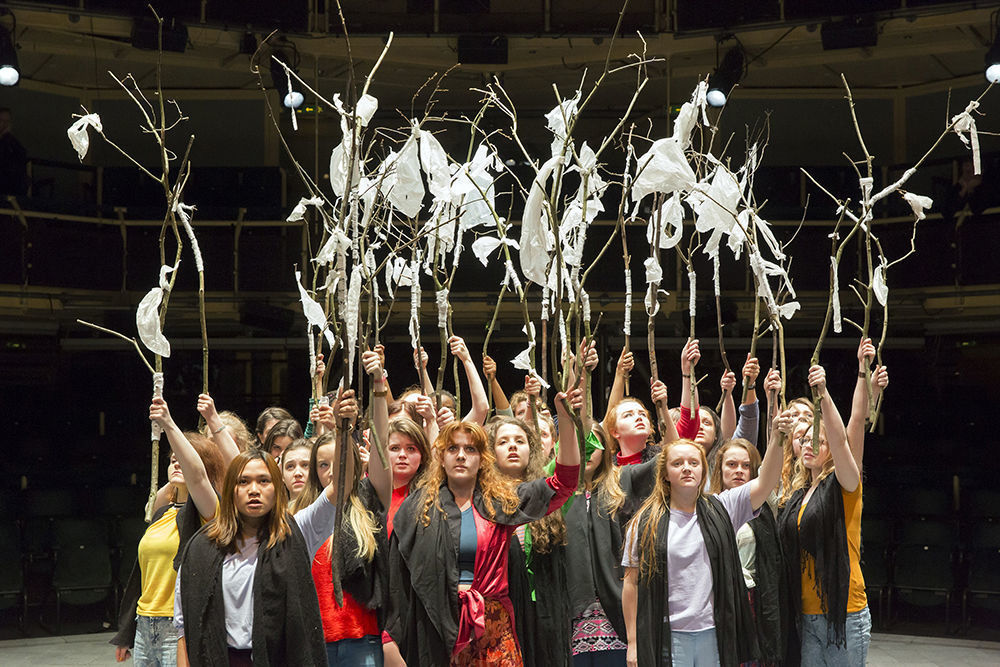TaPRA 2026: Directing and Dramaturgy
Deadline: March 9, 2026
2026 Theme—Dramaturgical Slippage
Throughout theatre history, performance forms have established conventions only to continuously trouble and reinvent them. Such conventions frequently operate alongside and/or in accordance with a system of binaries such as reality/artifice, presence/absence, and performer/spectator. And yet, many of the most exciting, provocative, and affectively charged theatrical moments occur in the unstable zones between such dichotomies.
Looking to the historical,...

